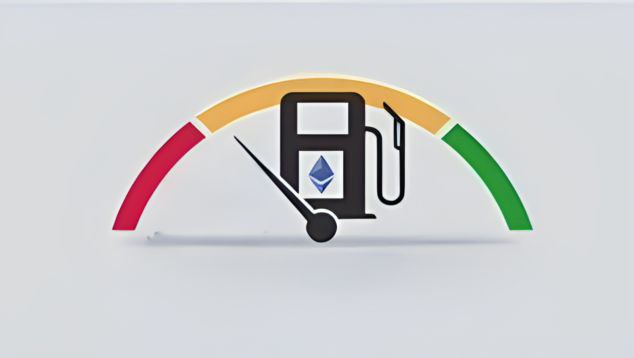What are Gas Fees?
In the blockchain field, the term gas fee was first used in Ethereum. It refers to the fees required for transactions on Ethereum, which are conceptually the same as the transaction fees paid by Bitcoin miners. Gas fees, also known as transaction fees, are an important aspect of cryptocurrency transactions. They refer to the cost required to execute a transaction on a blockchain network, and they are paid to the network's miners who validate and confirm the transaction
How are Gas Fees Calculated?
In a decentralized system like blockchain, miners are responsible for processing and confirming transactions. They do this by solving complex mathematical problems and adding blocks to the blockchain. As a result, they are rewarded with newly created coins as well as transaction fees. The higher the gas fee, the more likely it is that miners will prioritize a transaction and include it in the next block.
Units of the cryptocurrency used, such as ether for Ethereum, serve as the measurement for gas fees. When initiating a transaction, the user specifies the gas limit and gas price. The gas limit denotes the maximum amount of gas allowable for executing the transaction, while the gas price indicates the cryptocurrency amount the user is willing to pay for each gas unit. To compute the total gas fee, the gas limit is multiplied by the gas price.
The Relationship Between Gas Fees and Transaction Speed
The gas price is determined by the supply and demand for block space. When the network is congested, and there are more transactions than the network can handle, the gas price tends to increase, and transactions with low gas fees may take longer to be confirmed or may be dropped entirely. On the other hand, when the network is less congested, gas fees tend to decrease, and transactions with lower fees are more likely to be confirmed.
The Impact of Gas Fees on Users
The cost and speed of transactions can be considerably influenced by gas fees. For instance, when the gas price is high, even a minor transaction such as sending a small sum of cryptocurrency can incur a cost that surpasses the transaction's value. This situation poses a challenge, particularly for small transactions, as the gas fee can exceed the transaction's worth, rendering it unprofitable.
Strategies for Minimizing Gas Fees
To avoid high gas fees, users can wait until the network is less congested to send their transactions. Additionally, some wallets and exchanges may allow users to adjust the gas price manually, which can help them save on fees.
Conclusion
In conclusion, gas fees are an essential aspect of cryptocurrency transactions. They are necessary to incentivize miners to validate and confirm transactions, and their value is determined by supply and demand. While high gas fees can make transactions expensive and slow, users can take steps to mitigate their impact and reduce their costs.

